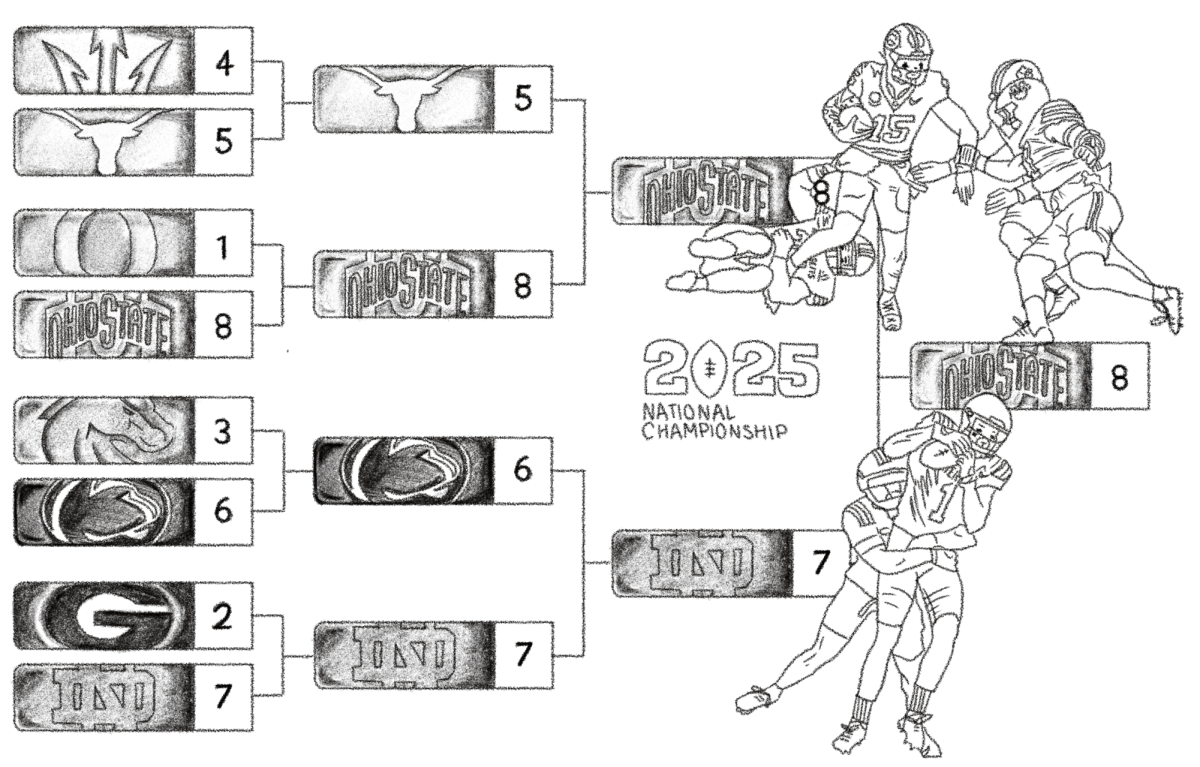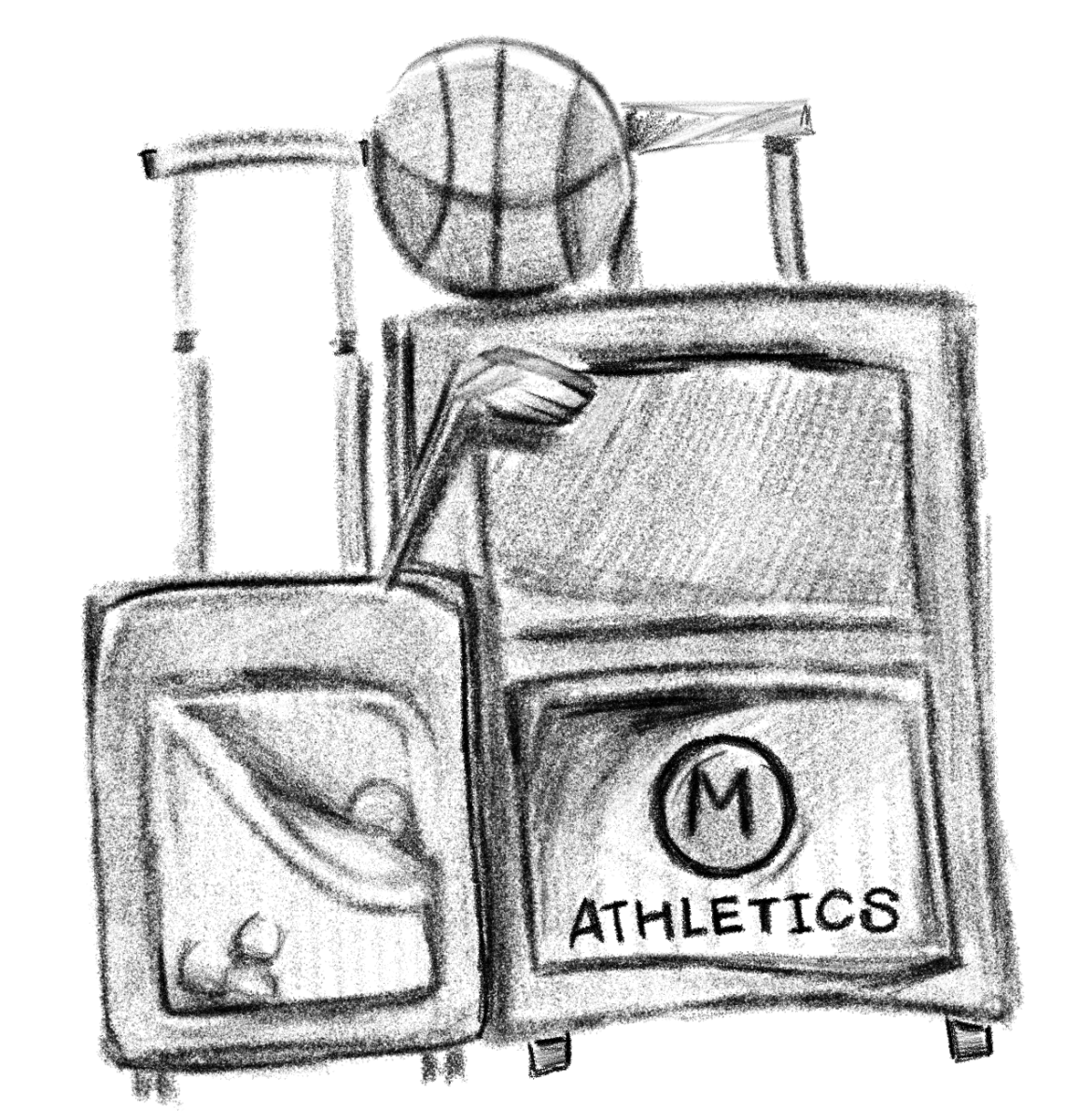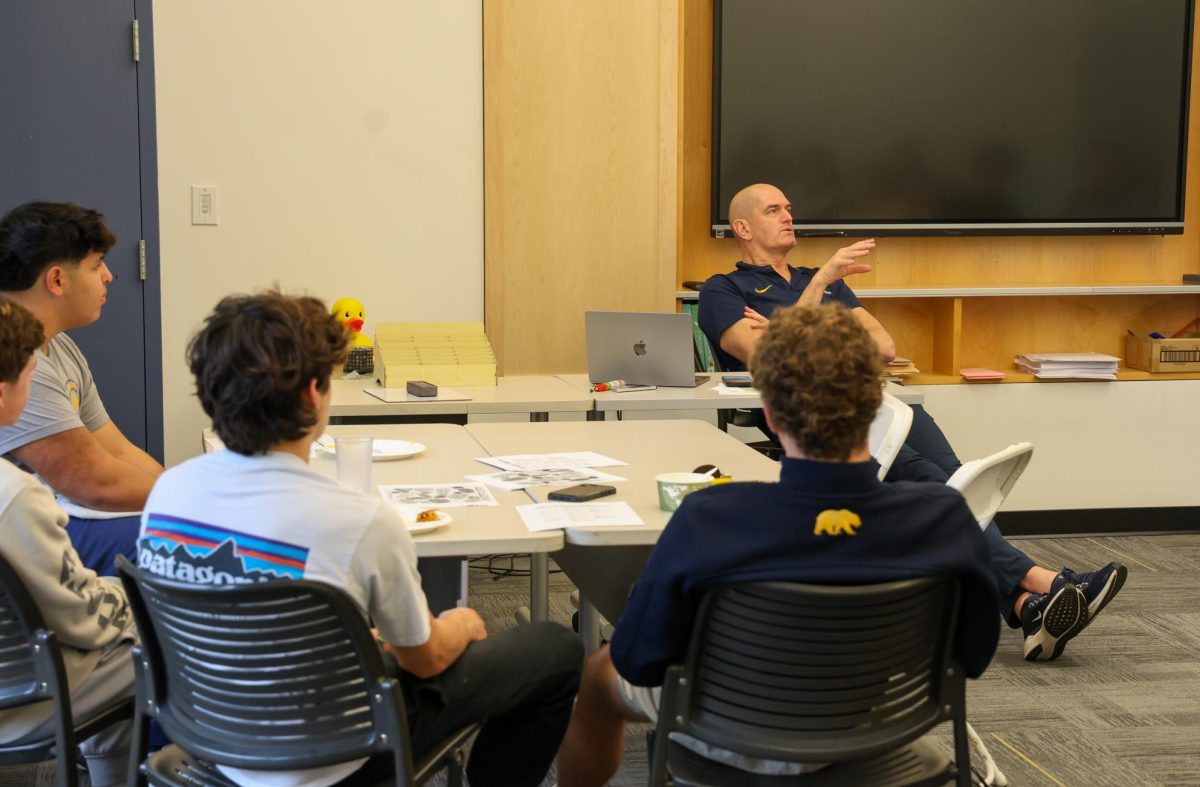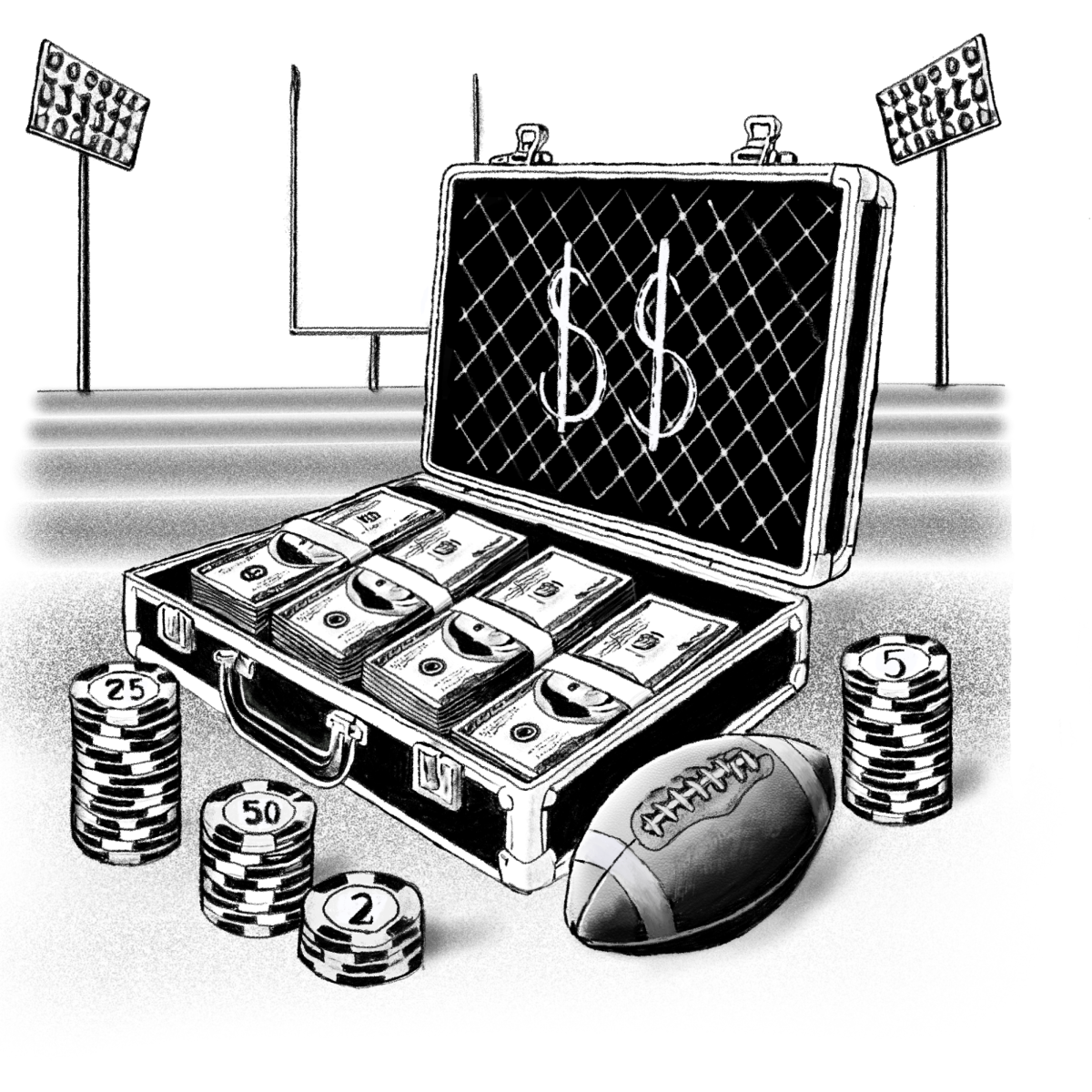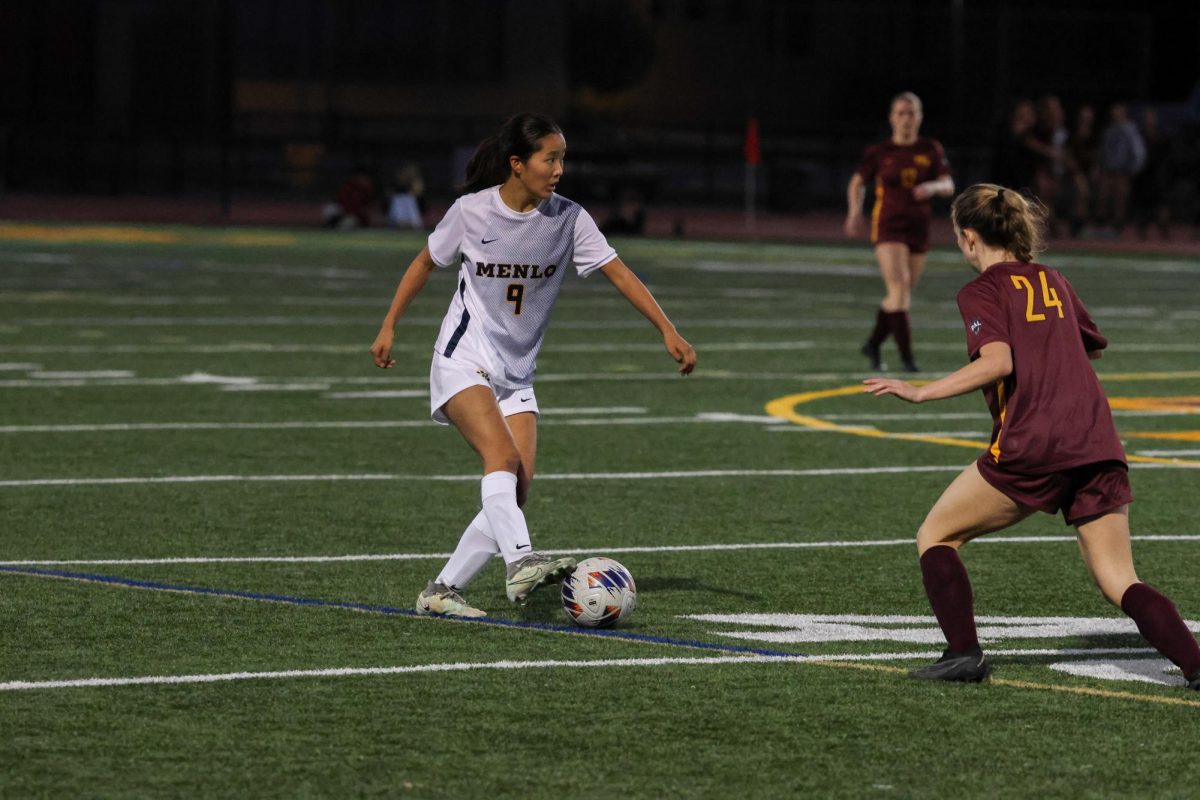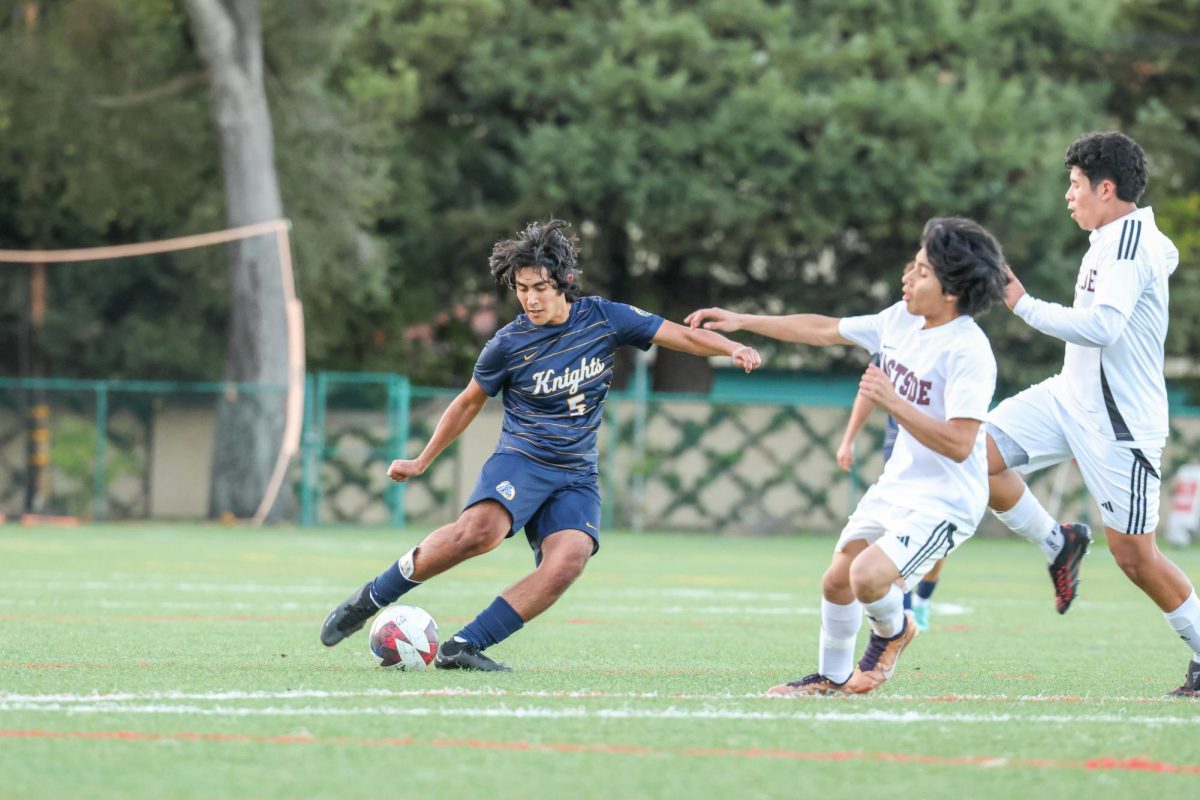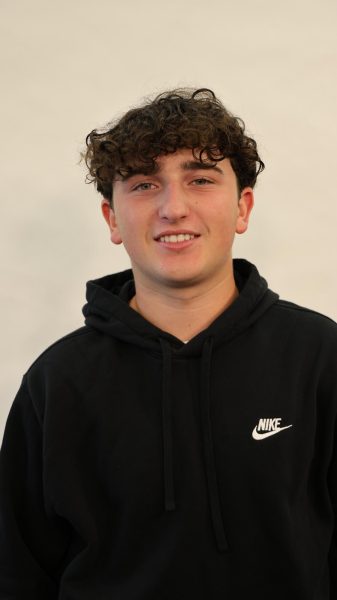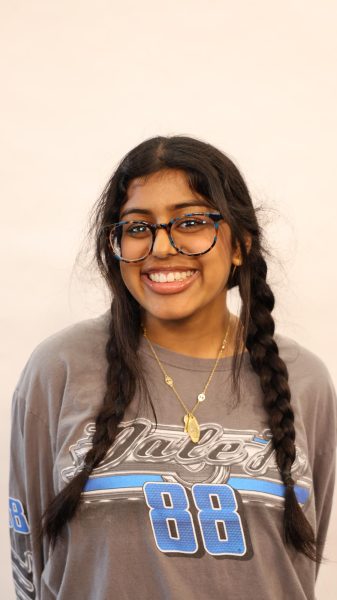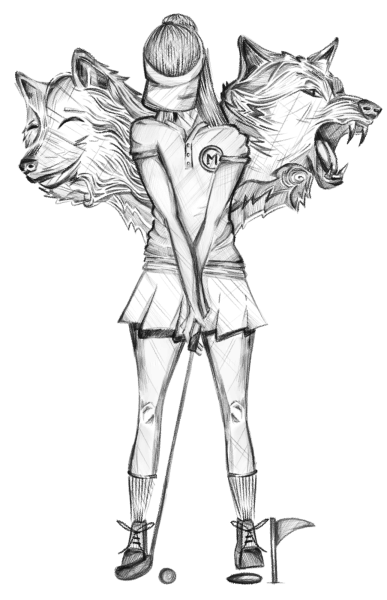
An athlete’s mental state plays a key role in sports, as the ability to remain composed is often a deciding factor in a match. This is why assistant golf coach Francis Santora established a mental game program that strives to strengthen Menlo athletes’ mental fortitude. The mental game program was added last year to the boys and girls golf teams and involved 45-minute sessions every week. This year, the program expanded to include Menlo’s tennis and boys soccer teams.
Senior soccer goalkeeper Ben Bishop attributes some of his team’s success to Santora’s program. “We were able to improve our mental fortitude and also strengthen our team cohesion,” Bishop said.
An analogy Santora uses is the idea of “good wolf” and “bad wolf.” “You always want to make sure you’re able to fight your bad wolf. Your bad wolf is this voice in your head telling you to do the wrong things, or telling you that you’re not good enough,” Bishop said. He explained that, on the flip side, athletes are encouraged to bring their “good wolf” out, meaning to have a growth mindset.
According to Bishop, this “good wolf, bad wolf” idea was critical for his team. Bouncing back after conceding a goal or missing a key shot is something Santora strives to teach players, and is something that his players have grown to appreciate. “I think [the mental game program is] a great tool for the team in the future,” Bishop said.
The soccer team was not the only program that was intrigued by the idea of mental game training and reached out to Santora. Both boys and girls tennis teams have adopted the new training, and while tennis head coach Bill Shine said that he has yet to see a significant difference for the boys, he remarks that Santora’s teachings have helped the girls team monumentally. “I don’t think it was a coincidence. We lost a lot of close matches at the beginning of the season with the girls. And by the end of the season, they were winning close matches against better teams,” Shine said. “I could see in the girls’ play that they weren’t afraid of the moment.”
Similarly to Bishop, freshman tennis player Sophia Jia believes mental training will be useful moving forward. “It’s going to help us a lot next year because we’re going to be using the information that [Santora] taught us [this year] and adding it into our game [from the start of the season],” Jia said.
The boys tennis team has also attended the mental game sessions this spring. Junior Cooper Han believes the training could definitely help the team in CCS playoffs and beyond. “I think [the strategies] could play a big role, especially when the moment is big. For instance, if it’s an important point,” Han said.
According to Santora, the ideas athletes learn in his sessions are universal and can apply to other aspects of students’ lives. “I’ve had student-athletes come to me and share stories about how they’ve used the concepts off the field, which brings a smile to my heart. That’s the good stuff right there,” Santora said.
Looking ahead, Santora is excited to further advance the mental program. Though he is not certain whether more teams will utilize the program next year, he hopes to expand into the classroom. “I envision in the future the possibility of having it as an elective class for any student to take because as I said earlier, the concepts are transferable,” Santora said.


